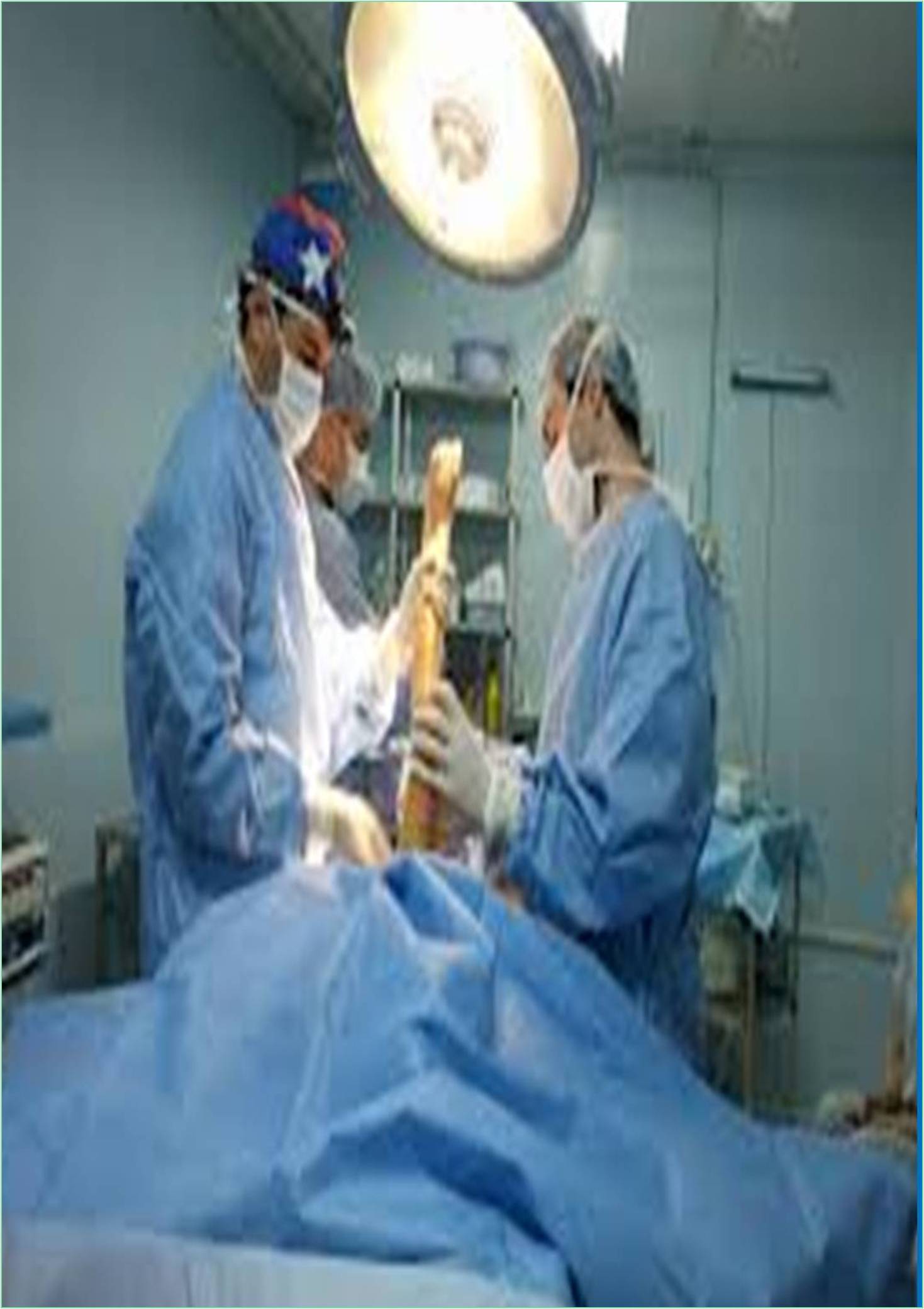



Received: 01-Apr-2022, Manuscript No. GJOPTP-22-59552; Editor assigned: 04-Apr-2022, Pre QC No. GJOPTP-22-59552 (PQ); Reviewed: 18-Apr-2022, QC No. GJOPTP-22-59552; Revised: 25-Apr-2022, Manuscript No. GJOPTP-22-59552 (R); Published: 02-May-2022, DOI: 10.15651/GJOPTP.22.9.005
This is the field of physiotherapy dealing with the treatment of injuries or disorders that affect skeletal muscle and related muscles, joints and ligaments. Orthopedic physiotherapy also includes pre and post-operative rehabilitation of the hip, shoulder and knee. Orthopedic physiotherapy is a scientific treatment approach that follows evidence-based guideline. First, a physiotherapist will perform a clinical evaluation and then provide appropriate treatment. It is important to determine the cause of the problem and prevent it from recurring (Agostini et al., 2014). The treatment goals of an orthopedic physiotherapist are to relieve pain, increase joint mobility, improve strength and flexibility, and restore the patient’s full function.
Orthopedics physical therapy involves the care of entire musculoskeletal system, which includes
• Bones
• Muscles
• Ligaments and tendons
• Joints
• Connective tissue
A physiotherapist who specializes in orthopedics can evaluate condition and diagnose the issue or condition that concern the individual. This will include
• Determining the appropriate movement diagnosis
• Creating a treatment plan
• Administering therapeutic care
• Educating about how to manage the current injury or condition to prevent further injury
Preoperative physiotherapy helps to strengthen the patient physically and cardiovascularly. With joint physiotherapy, preoperative freedom of movement can be maintained and improved, and clients can learn about postoperative rehabilitation. This allows the patient to recover more quickly from surgery. After orthopedic surgery, a team of physiotherapists will work closely with the surgeon to follow the recommended clinical protocol (Kuhlen et al., 2014).
Orthopedic physiotherapists focus on functionality, so expect to engage in physical activity at the time of booking. Expect strength training and other exercises to challenge the body, depending on situation.
Orthopedic physiotherapists may also use tools and instruments to help individual to heal. These tools include hot and cold treatments, treadmills, ultrasound, and biofeedback (using visual or auditory feedback to improve physical function).
Even an orthopedic physical therapist prescribes physical activities if an individual want to do at home and educate on body and the way to move it properly.
Therapeutic Modalities
These are the range of tools that a doctor can use in general healing. One can probably recognize some of these therapies as a home remedies such as using the hot pack and cold pack on the affected area. Some devices can apply pressure or cooling or electrical stimulation that can be used during appointments (Gwinnutt et al., 2022). Ultrasound is also a common tool. These are often simple methods, but they can be used to improve blood flow and flexibility, reduce swelling, increase relaxation and reduce pain levels. All of these benefits reduce healing time and improve the ability to perform normal functions during treatment.
Assessment and Evaluations
One can expect a physical examination at the beginning of the treatment, and are certainly right. Understanding symptoms, movements, daily life, and needs would be one of the first steps an orthopedic physiotherapist takes (Söderlund et al., 2021). However, evaluation is also an on-going part of treatment. It is regularly assessed against treatment goals to record current pain levels, range of motion, strength, balance, and posture.
Assistive Devices
Depending on the condition and needs, physiotherapy may also include equipment that can help individual outside the office. Canes, walkers, crutches, slings, or braces may be prescribed for use during exercise and at home. These support healing and, if necessary, help prevent future injuries and worsening the condition.
Mobilization and Massage
If a person’s instinct is to rest from injury, but safe movement of muscles and joints is actually an important part of healing. Physical therapy often promotes this with a soft tissue massage to relieve stiffness and promote better blood flow (Socolovsky et al., 2018). This can be combined with manual hand therapy, where the therapist moves joints and muscles to encourage movement without straining the body.
Exercise or Physical Therapy
Many of these treatments help to improve body movements, but the most important part of recovery is self-activity. Physical therapy includes a series of rehabilitation exercises or physical therapies designed to help in reaching recovery goals. These exercises can focus on strength, flexibility, range of motion, balance, mobility and endurance.
This exercise is often the most difficult part of treatment, but it also requires the most effort on individual. With the guidance of an orthopedic physiotherapist, these exercises will become easier over time and helps to reach previous level of activity.
Agostini T, Lazzeri D, Spinelli G (2014). Anterolateral thigh flap thinning: Techniques and complications. Ann Plast Surg.72: 246-252. [Cross Ref] [Pubmed]
Gwinnutt JM, Wieczorek M, Cavalli G, Balanescu A, Bischoff-Ferrari HA, Boonen A, de Souza S, de Thurah A, Dorner TE, Moe RH, Putrik P (2022). Effects of physical exercise and body weight on disease-specific outcomes of people with rheumatic and musculoskeletal diseases (RMDs): systematic reviews and meta-analyses informing the 2021 EULAR recommendations for lifestyle improvements in people with RMDs. RMD Open. 8(1):e002168. [Cross Ref] [Pubmed]
Kuhlen M, Moldovan A, Krull K, Meisel R, Borkhardt A (2014). Osteonecrosis in paediatric patients with acute lymphoblastic leukaemia treated on co-ALL-07-03 trial: a single centre analysis. Klin Padiatr. 226:154-60. [Cross Ref] [Pubmed]
Söderlund A, von Heideken Wågert P (2021). Adherence to and the Maintenance of Self-Management Behaviour in Older People with Musculoskeletal Pain-A Scoping Review and Theoretical Models. J Clin Med.10 (2):303. [Cross Ref] [Google scholar]
Socolovsky M, Bataglia D, Barousse R, Robla-Costales J (2018). Use of ultrasound and targeted physiotherapy in the management of a nerve suture performed under joint flexion. Acta Neurochir. 160(8):1597-601. [Cross Ref] [Google Scholar]